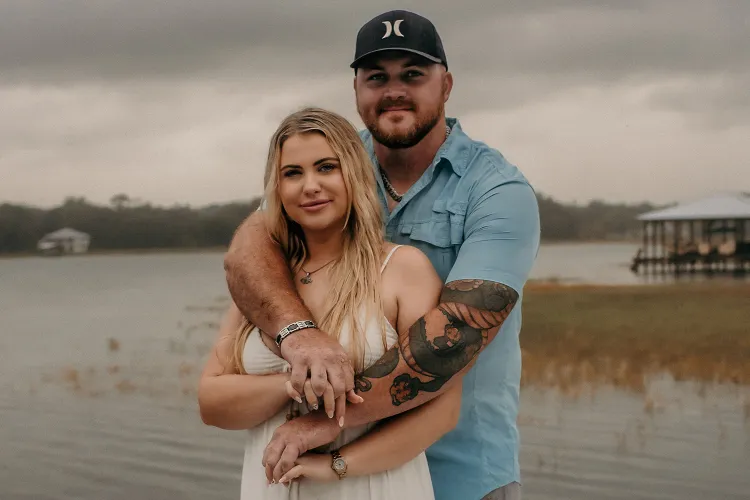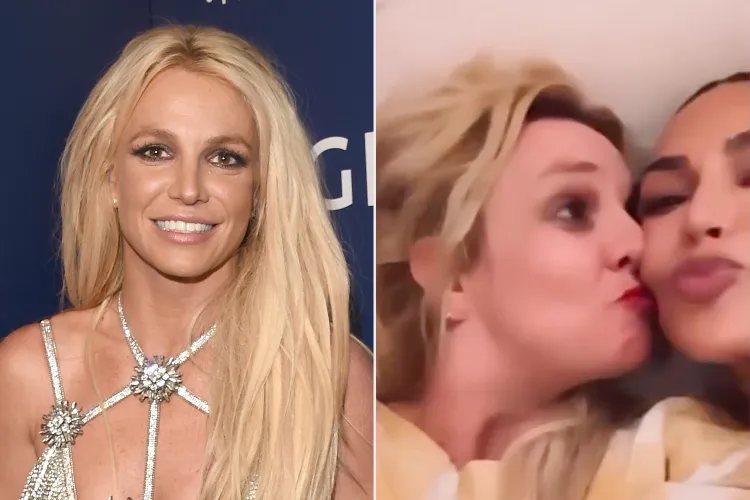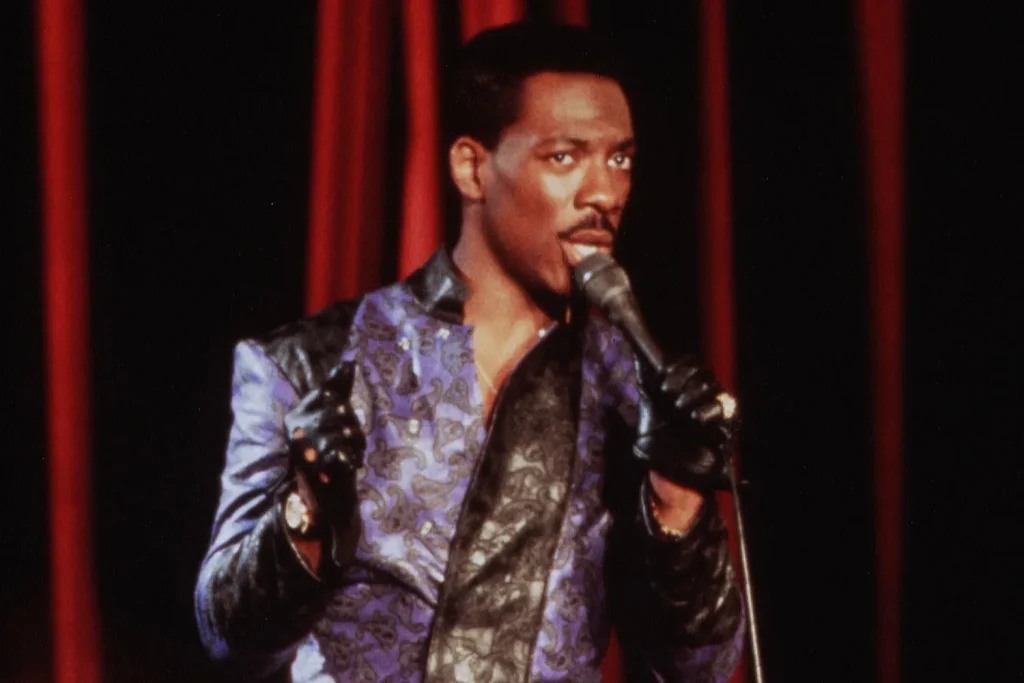Melissa Gilbert Breaks Silence on Megyn Kelly’s Epstein Claims — and Reveals Her Own “Shocking and Traumatizing” Experience on Little House at 15
Melissa Gilbert has spent decades balancing the strange dual reality of being both a beloved TV icon and a woman whose childhood unfolded under the harsh lights of Hollywood. Today, at 60, she speaks with more candor than ever about what it means to come of age in an industry that has repeatedly proven it cannot protect its youngest performers. And now, after watching Megyn Kelly publicly discuss newly released Jeffrey Epstein documents on her podcast — specifically referring to the young women named within them as “girls” — Gilbert has decided she has heard enough. She is not staying silent. She is not tempering her words. And she is not letting anyone soften the truth about what was done to so many young women, including those who once walked beside her in studios and soundstages she once considered safe.
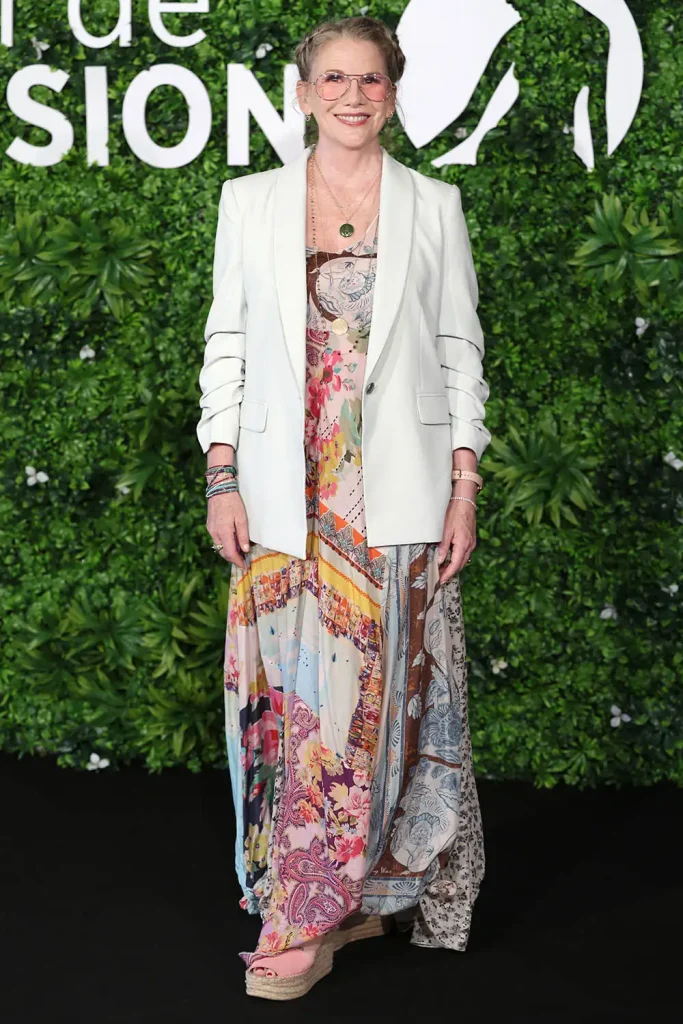
What sparked Gilbert’s response was a segment in which Kelly discussed the victims identified in the Epstein files, casually referring to them as “girls” while simultaneously implying that some were older than the public might assume. Gilbert watched the clip back more than once. “They were children. Stop calling them ‘girls,’” she said firmly. Her voice did not shake. She reminded her audience that language has power, and that minimizing harm through word choice is one of the most common ways abuse is erased from public memory. She said that any attempt to frame minors as willing participants or to suggest that their age somehow made it less horrific only serves to protect predators and make survivors feel complicit.
Gilbert’s message was not loud or theatrical. It was measured, deeply personal, and unmistakably protective — the voice of someone who knows how easily innocence is rewritten in hindsight. She said that in hearing others speak about Epstein’s victims, she could not stop thinking about her own experience on the Little House on the Prairie set at fifteen, when she was still a minor and yet placed in a situation that even now she calls “shocking.” For decades she has alluded to moments that made her uncomfortable — decisions made by adults, scenes written without her consent, conversations that today would spark immediate headlines and investigations. But this time, she offered more clarity. She described a moment during the show’s run when she was asked to perform a romantic on-screen moment with an adult actor more than a decade older than her. It wasn’t violent. It wasn’t criminal in the way Epstein’s crimes were. But it was wrong, she said, because she was a child asked to perform intimacy she did not understand, with adults reassuring her that it was normal.
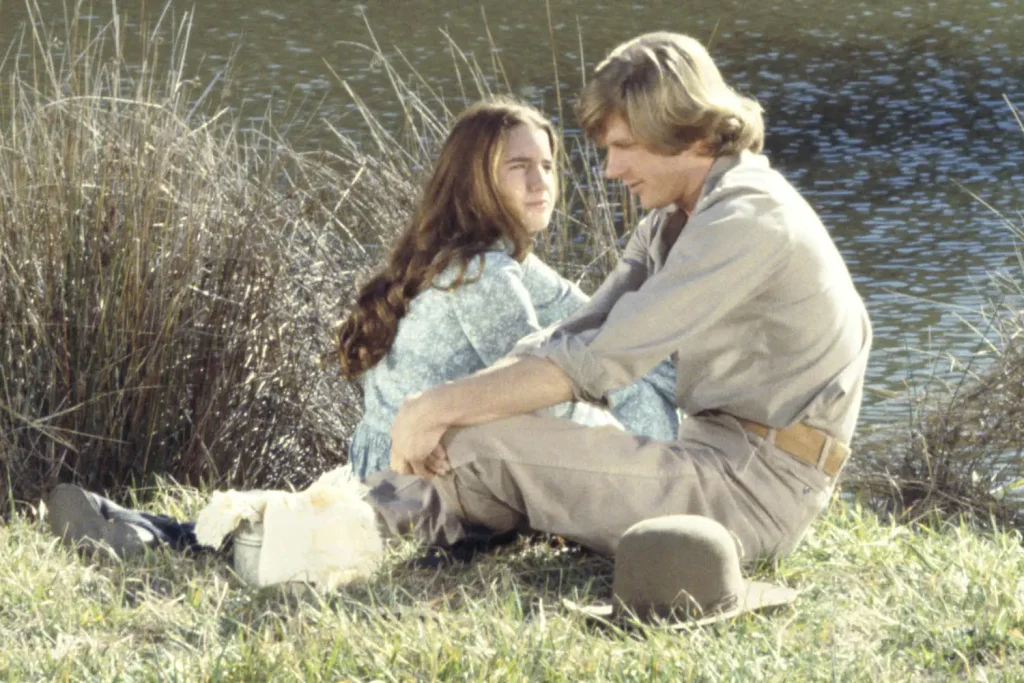
Gilbert told her followers that she was not sharing her story to compare traumas or to center herself in Epstein conversations. She shared it, she said, to illustrate how easy it is for culture to blur lines, to call teenagers “women,” to treat high school girls as if they are ready to navigate adult relationships, contracts, and pressures. She said that the danger lies not only in physical violations, but in the way industries normalize emotional ones.
Her message quickly spread through social media, amplified by fans who grew up watching her as Laura Ingalls Wilder, the braided pioneer girl who embodied purity and strength. Many admitted that they had never considered what it meant that Gilbert spent her adolescence performing love scenes with adult actors — that her first on-screen kiss happened before she was old enough to legally drive. Others pointed out that while Little House remains a family classic, the way 1970s Hollywood treated children was rarely innocent behind the scenes. Gilbert is not guessing; she is remembering.
She also referenced the way people have been discussing the Epstein list. The documents that recently became public include testimony, emails, pilot logs, and flight manifests that tie together the late financier’s long trail of abuse. Victims’ advocates have repeated, again and again, that the young women in those documents were groomed, manipulated, trafficked, and threatened. Many were minors. Many were brought into his orbit through people they trusted. Gilbert said that dismissive language not only insults survivors, it actively participates in the culture that protected Epstein for years. Calling them “girls” or implying that some were nearly adults, she said, is a rhetorical trick that blurs moral lines. “They were children,” she repeated. “Children cannot consent.”
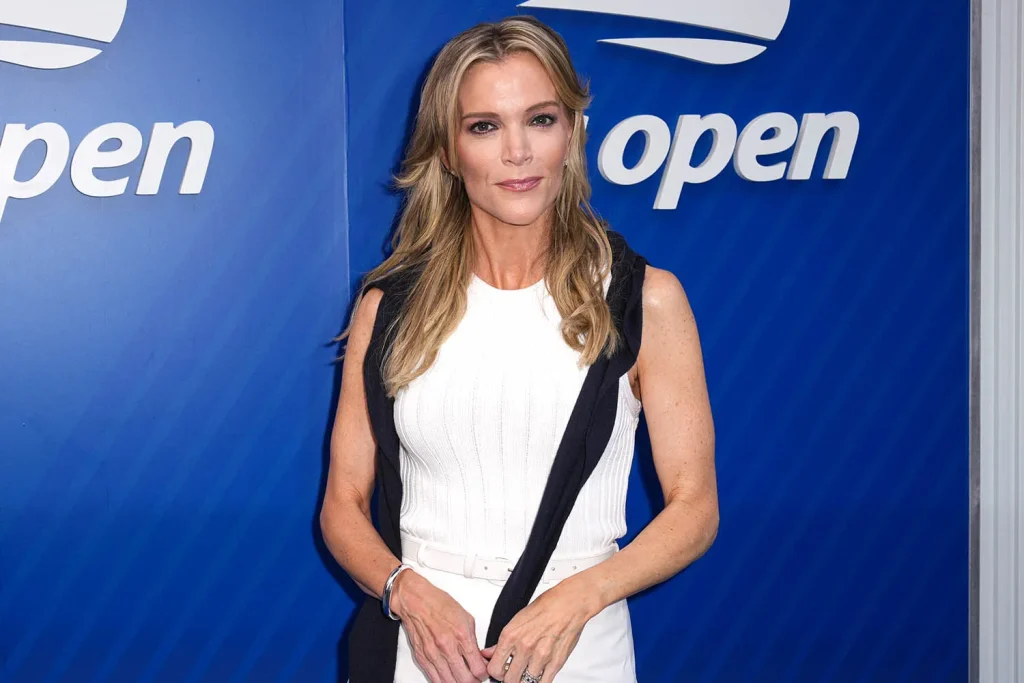
What makes Gilbert’s voice so powerful is not only what she endured — it is the credibility of a woman who has been inside the entertainment system since she was nine years old. She remembers what it was like to walk onto sets where she was the youngest person in the room. She remembers being praised for being mature beyond her years, as if childhood were something to rush through rather than protect. She remembers being told to trust the adults who wrote the scripts, directed the cameras, and negotiated contracts. She remembers the pressure to be agreeable, to do whatever kept the production moving smoothly. And she remembers how common it was for child actors to simply accept situations that today would violate every major union guideline in Hollywood.
Her response to Megyn Kelly was not unkind — but it was unmistakably corrective. She did not attack Kelly personally. She attacked the framing. She said that it matters when broadcasters talk about victims in ways that lighten responsibility. She said that if the world has learned anything from #MeToo, it is that predators do not always appear as strangers in dark alleys. They appear as employers, mentors, casting directors, financiers with private planes, beloved celebrities, and in some cases, as men and women revered in media. Gilbert also pointed out that many survivors do not even recognize their trauma until years later, because at the time they believed adults who told them it was normal.
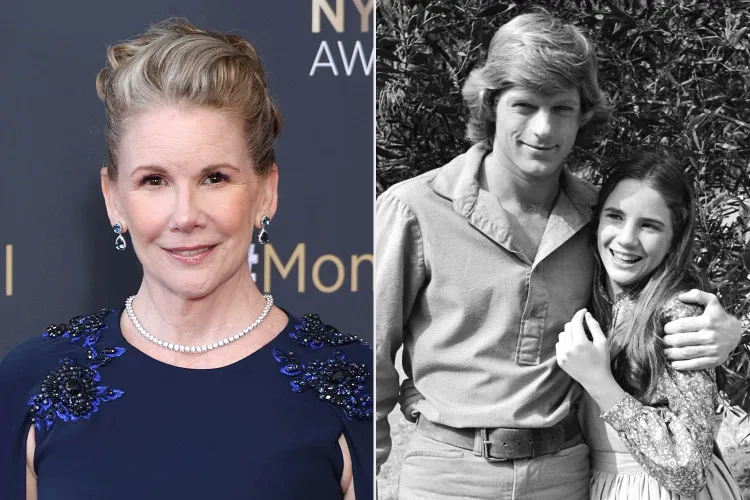
Responses poured in from other former child actors who echoed her sentiment. Several said that they spent years re-interpreting their teenage years once they reached adulthood. They remembered being told to wear more revealing costumes, being told to flirt for press photos, being told that older male co-stars kissing them was “just acting.” None of it, they said, felt violent. But all of it was grooming.
Gilbert then widened her message, reminding the public that Epstein was not an isolated monster. He operated in luxury hotels, private islands, and boardrooms protected by billionaires, politicians, scientists, and media executives. She said that when we minimize the age of victims, we minimize the scale of the conspiracy that enabled him. She said that the more people frame the wrongdoing as consensual, the easier it becomes to pretend predators are “troubled men” instead of criminals.
As the story spread, some commentators praised Gilbert for saying what others avoided. Some questioned why she brought up Little House now. Her response was simple: because it is relevant. Because child stars are often treated as professionals years before their brains are fully developed. Because Hollywood has a long, well-documented history of excusing inappropriate behavior toward minors, especially when those minors are famous. Because she wishes someone had spoken honestly when she was 15.
She said she admires the courage of Epstein’s survivors, many of whom have spent years fighting in courtrooms only to watch the man responsible die before trial. She said the least the public can do is give them the dignity of accurate language. They were children. They were exploited. And no conversation about them should imply otherwise.
Gilbert ended her statement with a message that felt less like a rebuke and more like a call to collective awareness: “Protect children first. Believe survivors. Stop shifting responsibility away from the adults who hurt them.” It was a reminder that no matter how much time has passed since Little House, she still remembers what it felt like to be a 15-year-old girl in a grown-up world. She is speaking now because she can. Because others could not. Because silence, she says, is the reason men like Epstein operate for decades without consequences.
In her calm and steady voice, Melissa Gilbert made something very clear: she did not just come forward to react — she came forward to correct the narrative. And in doing so, she has once again become exactly what the world first loved her for: a fierce protector of innocence, unwilling to let the truth be softened for anyone’s comfort.
